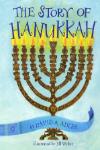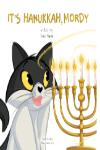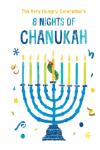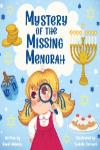Levy: Light Hidden in the Darkness: Kabbalah and Jungian Psychology
Paul Levy wrote an article for the latest issue of Tikkun magazine [29(1): 37], titled “Light Hidden in the Darkness: Kabbalah and Jungian Psychology” The first 10 paragraphs is available for non-subscribers too. Here are the first two:
When Sigmund Freud was first introduced to the Kabbalah, he exclaimed, “This is gold!” Carl Jung expressed a similar excitement, going so far as to say that the kabbalistic writings of Rabbi Baer from Mesiritz “anticipated my entire psychology in the eighteenth century.” Freud and Jung’s excitement arose from a central paradox with which the Kabbalah wrestles: that evil, which by definition is diametrically opposed to good, is at the same time its very source.
Creatively articulated by Isaac Luria, the sixteenth-century mystic whose writings form the backbone of contemporary Kabbalah, this idea of light hidden in the darkness is also a basic psychoanalytic idea, having to do with making the unconscious conscious, as well as connecting split-off complexes to the wholeness of the Self. If we don’t acknowledge and pay our dues to the darkness, it will take its due on its own terms—like the return of the Freudian repressed—with a vengeance.
Read the rest at: http://www.tikkun.org/nextgen/light-hidden-in-the-darkness-kabbalah-and-jungian-psychology














